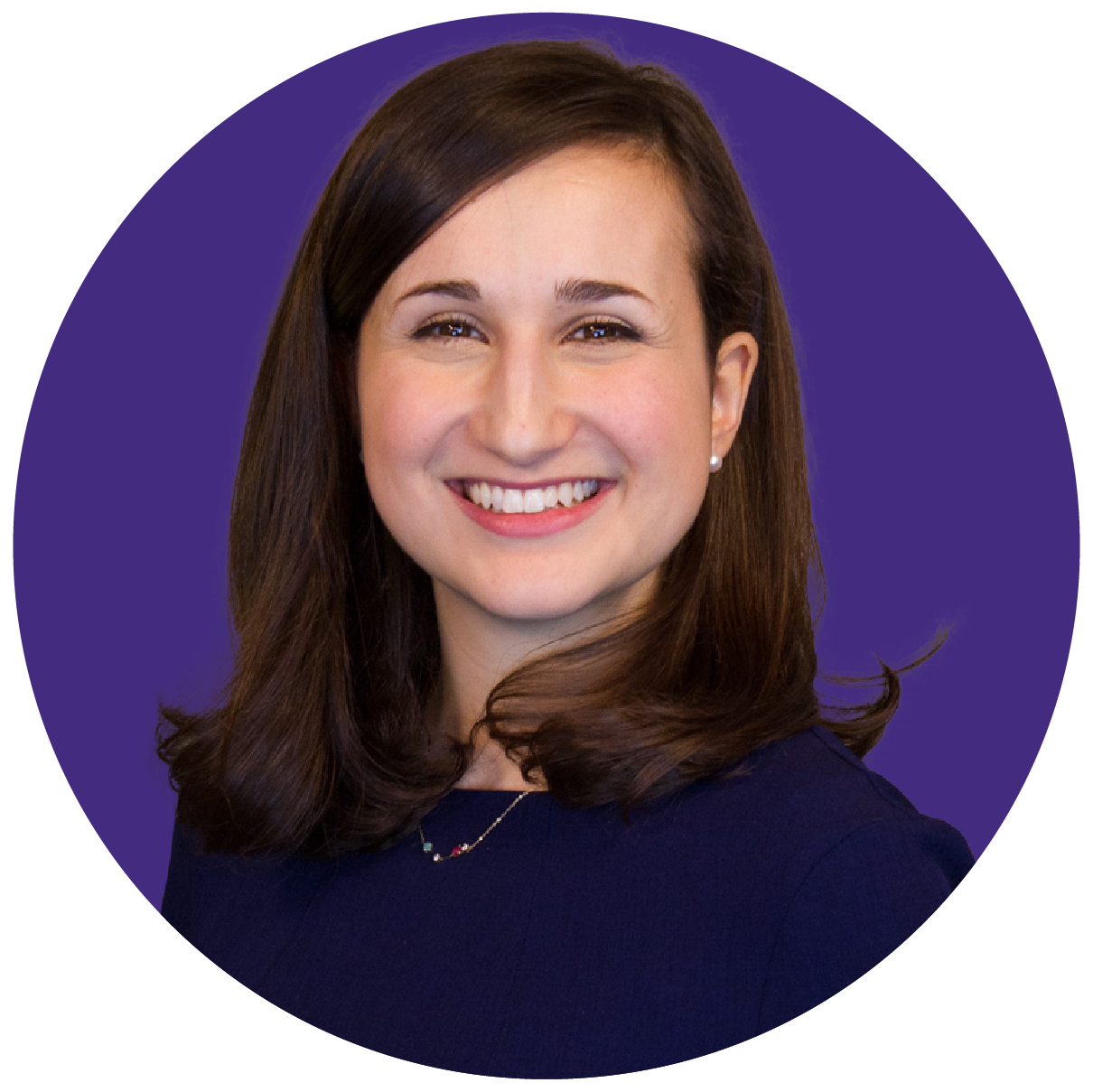
Katie Cristol
Chief Executive Officer of Tysons Community Alliance, Arlington County, VA
Katie Cristol has served as a member of the Arlington County Board since 2015 and served as Chair in 2018. Regionally, Ms. Cristol represents Arlington as the Chair of the Northern Virginia Transportation Commission, and as Immediate Past Chair of the Operations Board of The Virginia Railway Express. Ms. Cristol also represents Arlington on the Northern Virginia Transportation Authority and serves on the Human Services Policy Committee of the Metropolitan Washington Council of Governments. Ms. Cristol has been an advocate for women’s issues for over a decade and was appointed to the Arlington Commission on the Status of Women by the County Board in 2012, where she supported the Commission’s efforts to garner attention for women’s professional advancement, childcare affordability, and to recognize the achievements of women in the community. Ms. Cristol holds a Bachelor’s degree from the University of Virginia and an MPP from Princeton University.
“Flipping the Script” On Funding in Arlington, Virginia
Arlington County Board Chair Katie Cristol wants those receiving human services to guide funding
Katie Cristol is chair of the county board in Arlington, Virginia. When she became an E Pluribus Unum Fellow, her county government was already pursuing racial equity. They’d passed an “equity resolution” committing to end local disparities, and set a framework for moving forward. Their county vision statement called forth a “diverse and inclusive world-class urban community.”
At the same time, Cristol was hearing from local leaders of color about inequities within the system of county government itself. If Arlington’s government wanted to address racial equity, then they needed to take a close look at their own work.
“We needed to start making some systemic changes—not just tinkering around the margins or introducing new programs or initiatives, but rethinking how we’ve always done things,” Cristol explained.
